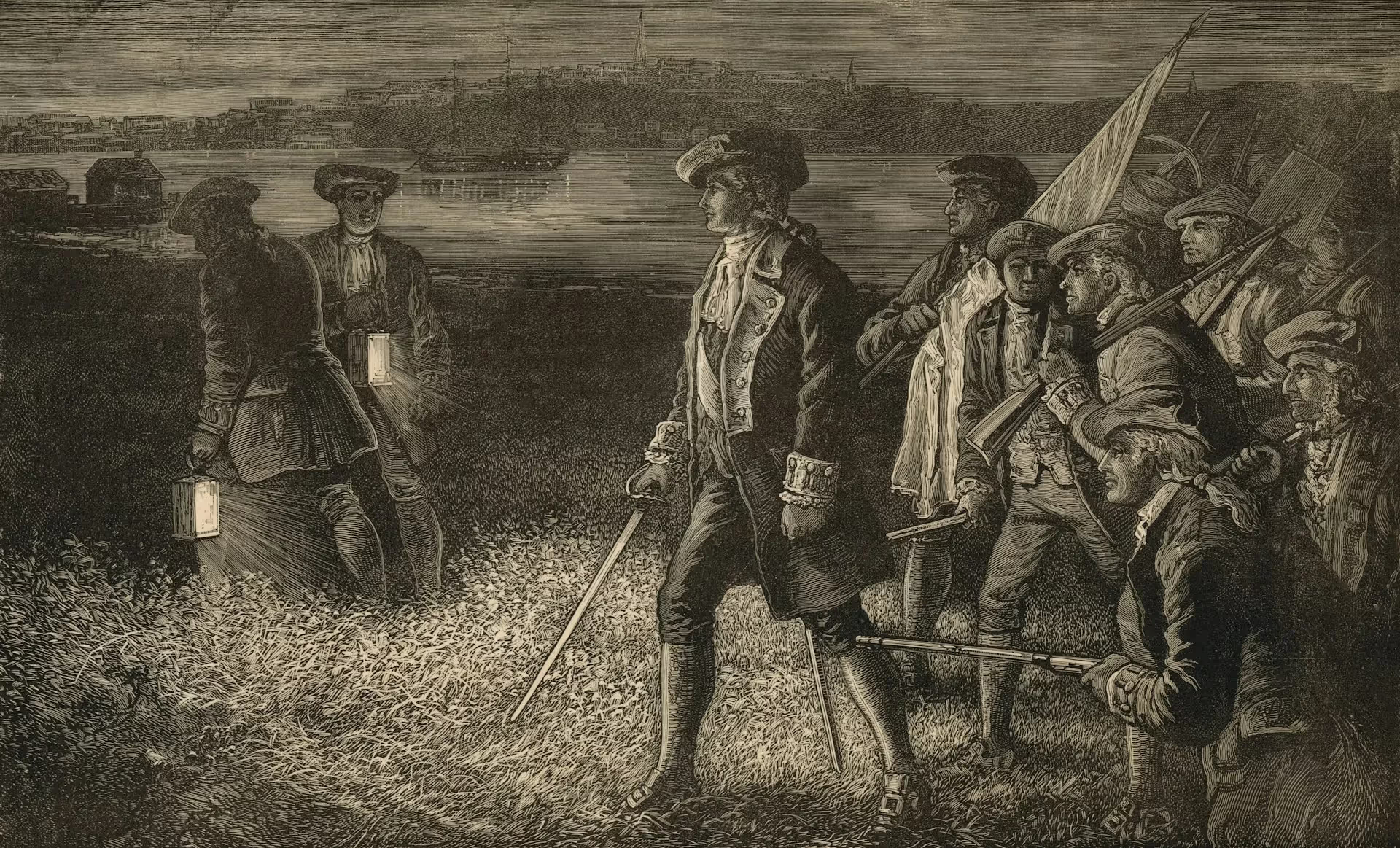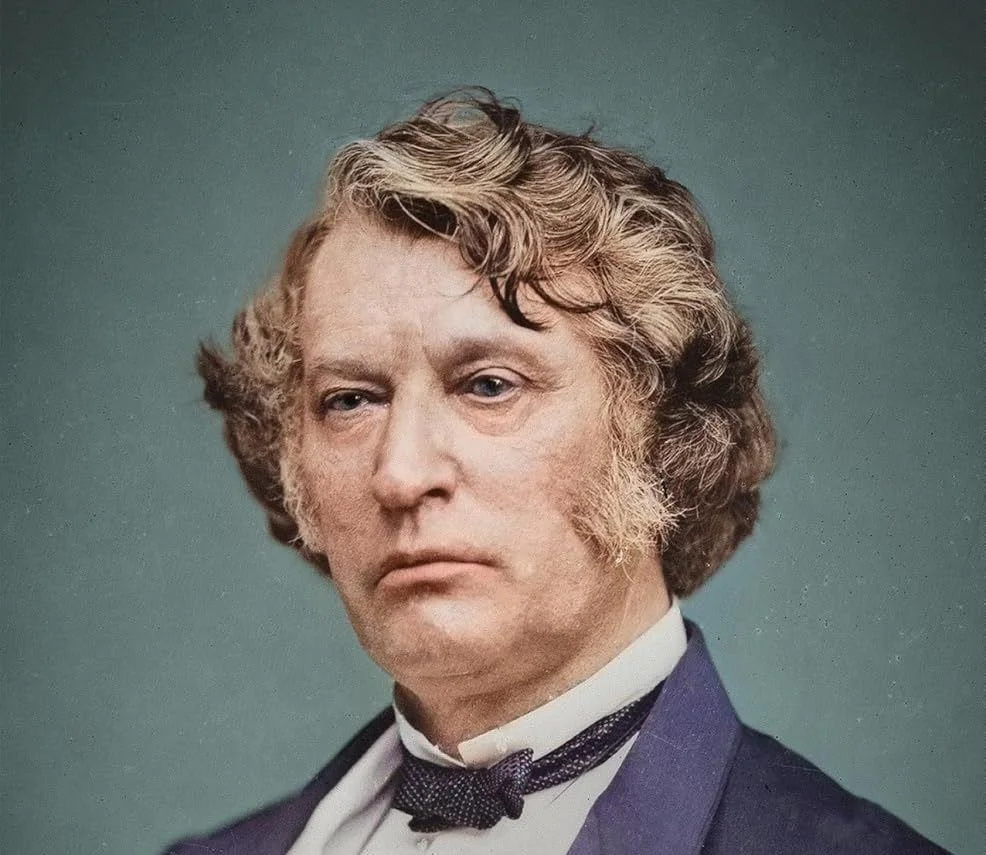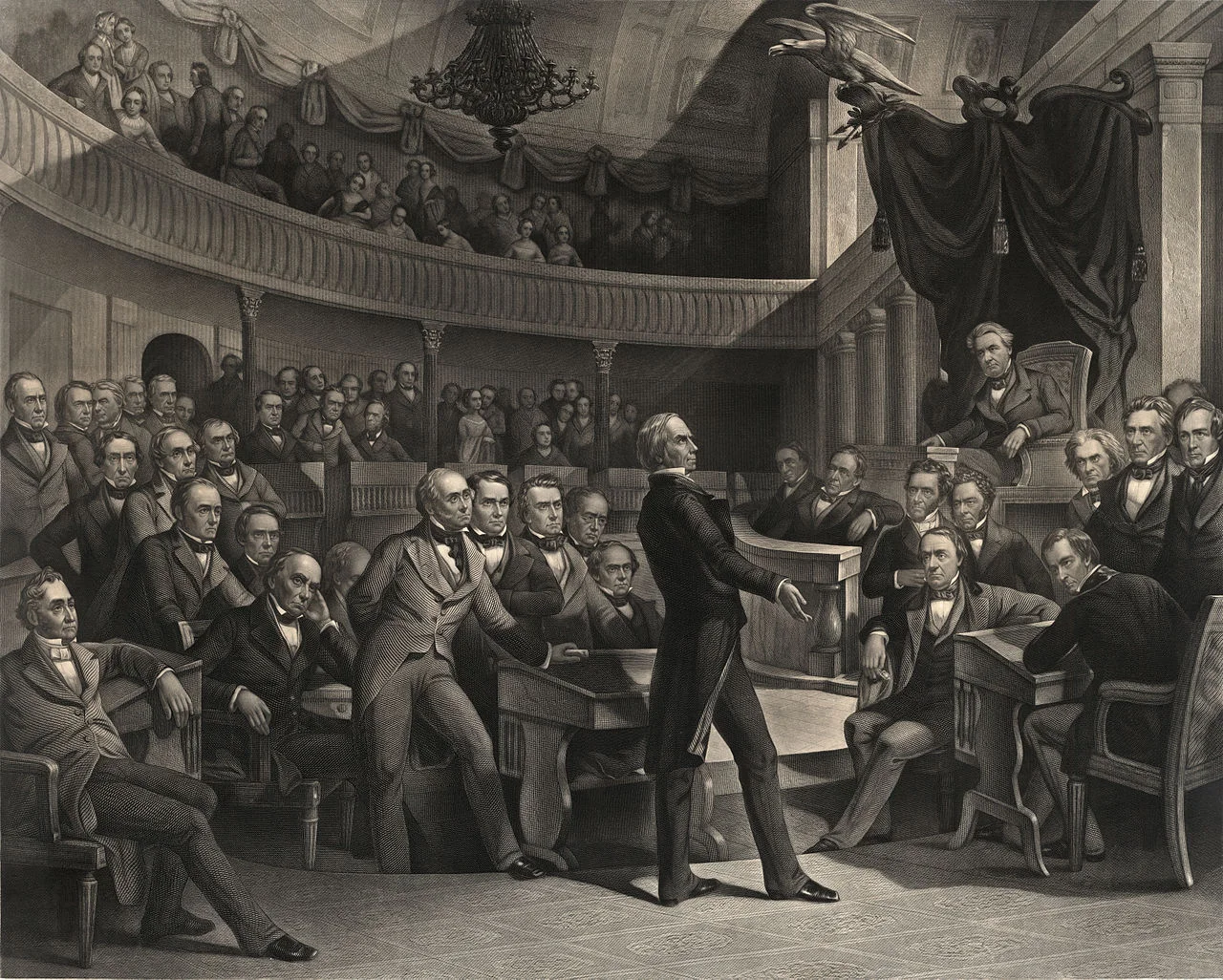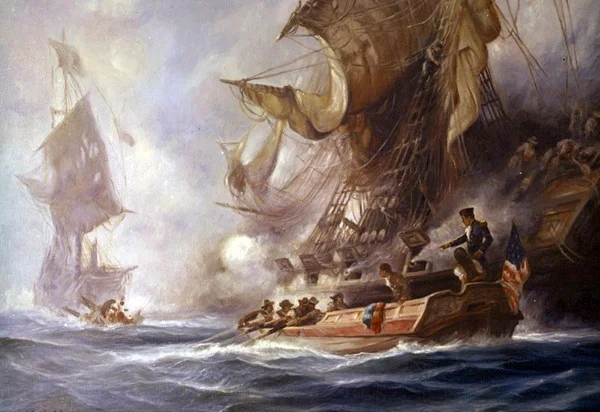
The American Revolutions of 1776
America's founding was animated by both the spirit of liberty and the spirit of religion — a philosophical and practical achievement worth understanding and attempting to recover today.
As America's 250th anniversary approaches, not everyone is eager to celebrate the Declaration of Independence and the political revolution it sparked. The left has long been skeptical of 1776. Their critique is familiar: "[A]ll men are created equal" did not really mean all individuals because the Constitution did not include African Americans or women, and the founders' alleged commitment to the rights of man was really a cover to advance their own economic interests.
While most, if not all, of these arguments have been addressed, a different criticism has emerged in recent years from the "post-liberal" right. Liberalism has failed, political theorist Patrick Deneen alleges, because liberalism has succeeded. On natural rights, the late philosopher Alasdair MacIntyre wrote: "The truth is plain: there are no such rights, and belief in them is one with belief in witches and in unicorns." The political philosophy of the American founding, some on the right now claim, was untrue, and it has eroded traditional morality and undermined sound religious belief.
There is, however, an alternative interpretation of the Declaration — one that rejects the arguments of both the progressive left and the post-liberal right. The American founding was indeed animated by a revolution in political thinking, but it was hostile to neither human equality nor religion. Moreover, the American founding's political philosophy of natural rights placed limits on political authority in recognition of, and out of deference to, legitimate religious authority.
Constitutionalism

Amicus Brief: Hon. William P. Barr and Hon. Michael B. Mukasey in Support of Petitioners
Former AGs Barr and Mukasey Cite Civitas in a SCOTUS Brief

Rational Judicial Review: Constitutions as Power-sharing Agreements, Secession, and the Problem of Dred Scott
Judicial review and originalism serve as valuable commitment mechanisms to enforce future compliance with a political bargain.

Supreme Court showdown exposes shaky case against birthright citizenship
Supreme Court will hear challenges to Trump's order ending birthright citizenship, testing the 14th Amendment's guarantee for babies born in America.

Charles Sumner’s Harmony with the Declaration
Sumner used the Declaration to increase the Constitution’s pursuit of forming a more perfect union.

Men and Women: Equal but Beautifully Distinct
Powerful interests are being served, but they are not those of young women competing in adolescent sports, or the larger need of our society to know that its words, laws, and public speech conform to the reality that we did not summon into being.


.avif)










.avif)



